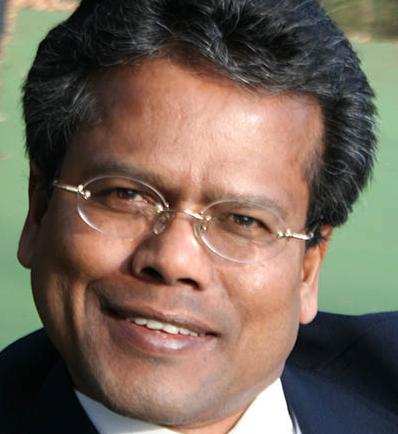For China, 2018 is the 40th anniversary of reform and opening up. At this time, all sectors of society in China are paying close attention to China’s reform and opening up. Meanwhile, the international community is looking to the world’s second-largest economy for signals. The world economy has undergone profound and complex changes. The new round of trade frictions caused by the United States has brought new uncertainties to global economic development and the world trade order. The international community is once again at a crucial crossroad: whether it to adopt unilateralism or protectionist policies, or to stick to maintaining openness, pooling consensus, preserving unity, in order to meet challenges together, and creating new opportunities for development. Different choices will ultimately lead to very different futures.
On April 10th, Chinese President Xi Jinping delivered a keynote speech entitled “Openness for Greater Prosperity, Innovation for a Better Future” at the opening ceremony of the Boao Forum, summarizing the achievements, experiences, significance and influence of China’s reform and opening up. He also made the most authoritative explanation of how to promote openness and deepen reforms in the new era. President Xi said China would push the reforms through to the end by further opening its doors.
We live at a time dominated by an overwhelming trend toward peace and cooperation, openness and connectivity, as well as reform and innovation, and this trend sets the foundation for China’s development. Under these circumstances, China will be dedicated to building an open world economy that will be beneficial to all. It has brought and will bring more opportunities for world economic development. President Xi announced a series of measures, such as broadening market access in the financial and manufacturing industries, creating a more attractive investment environment, strengthening protection of intellectual property rights (IPR), and expanding imports. These measures respond to some questions and doubts raised by the outside world. China believes these measures will benefit China and the world. In addition, China advocates collaboration to build a more representative, effective, responsible global governance system.
Since the establishment of the Boao Forum for Asia 17 years ago, its scale and influence has continuously expanded. Today, Asia has 67% of the world’s population and contributes one-third of its economic output. It is one of the world’s most promising regions. As a continent with most of the developing countries, the rise of Asia actually represents the rise of developing countries and a more balanced international structure. As a major Asian country, China has played a leading role in Asia’s prosperity and stability. While trying to address domestic issues such as promoting economic development, improving people’s livelihood, and alleviating poverty, China also shoulders its regional and global responsibilities. In an era of emerging challenges, China’s commitment and positive measures are even more precious.
